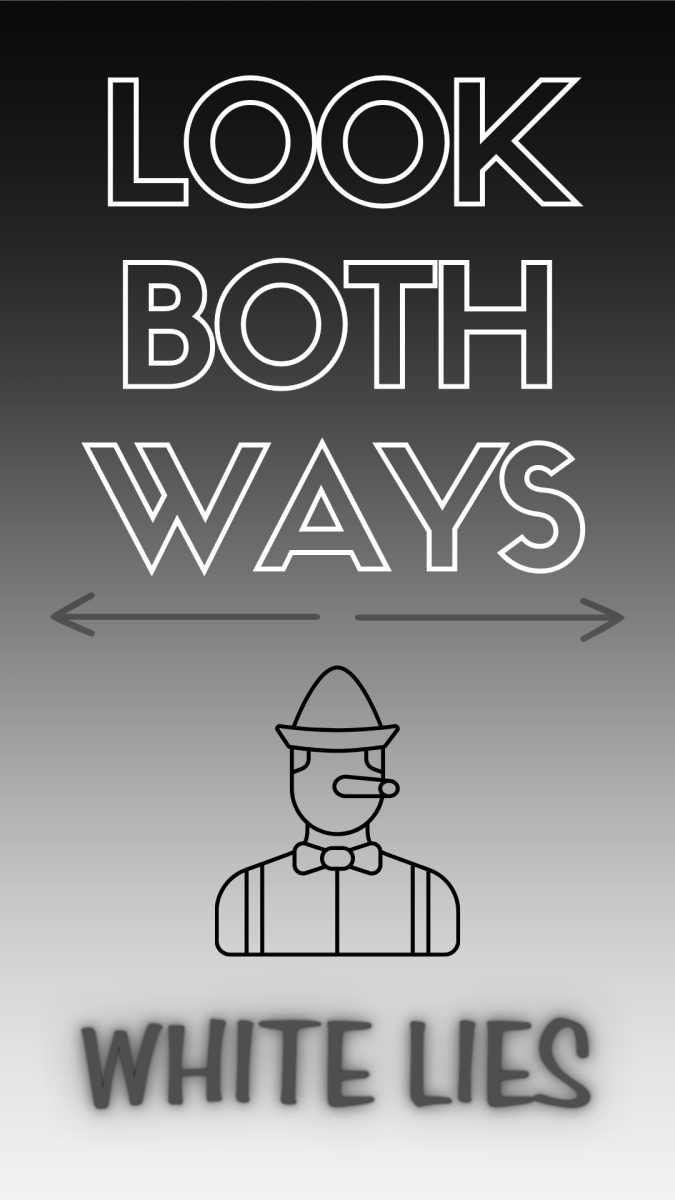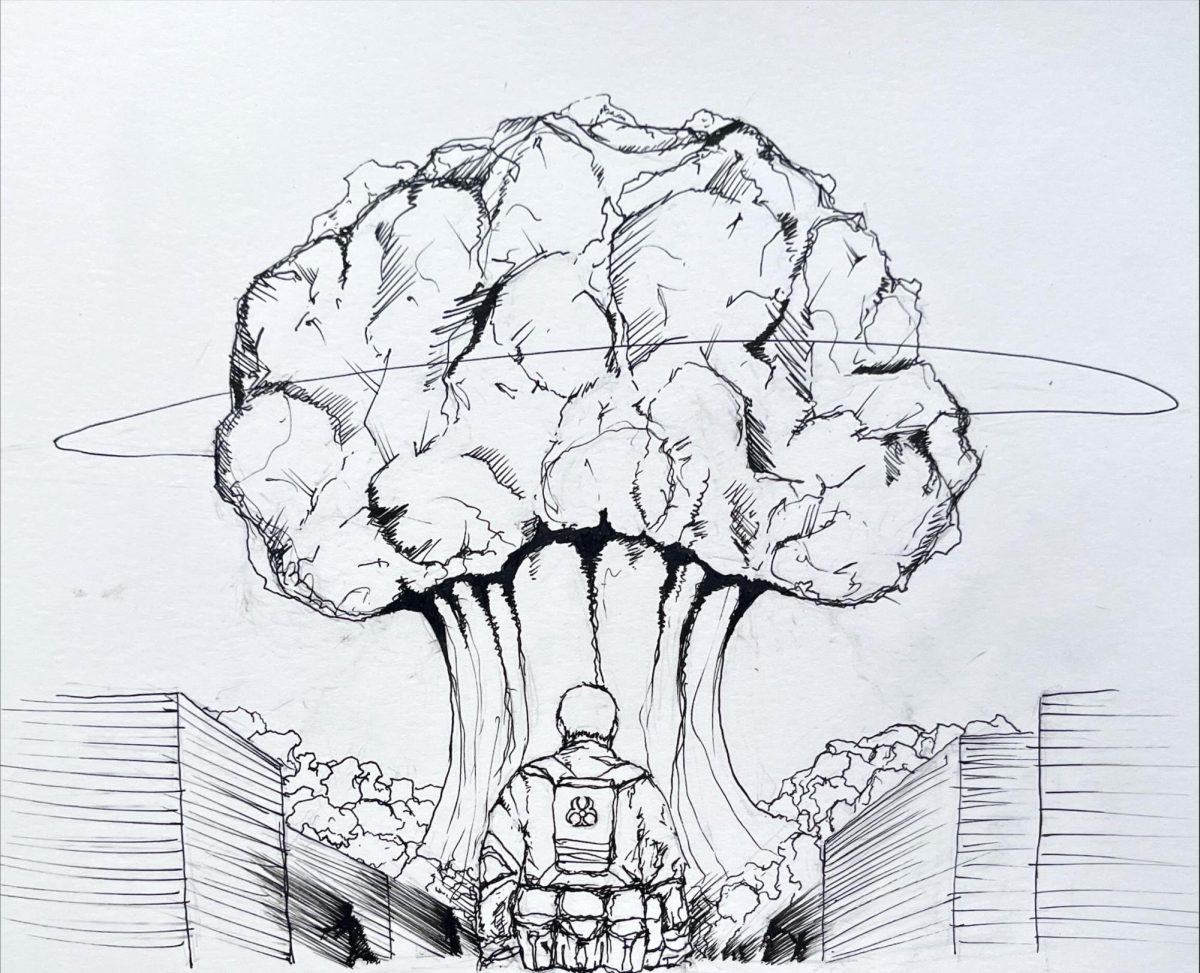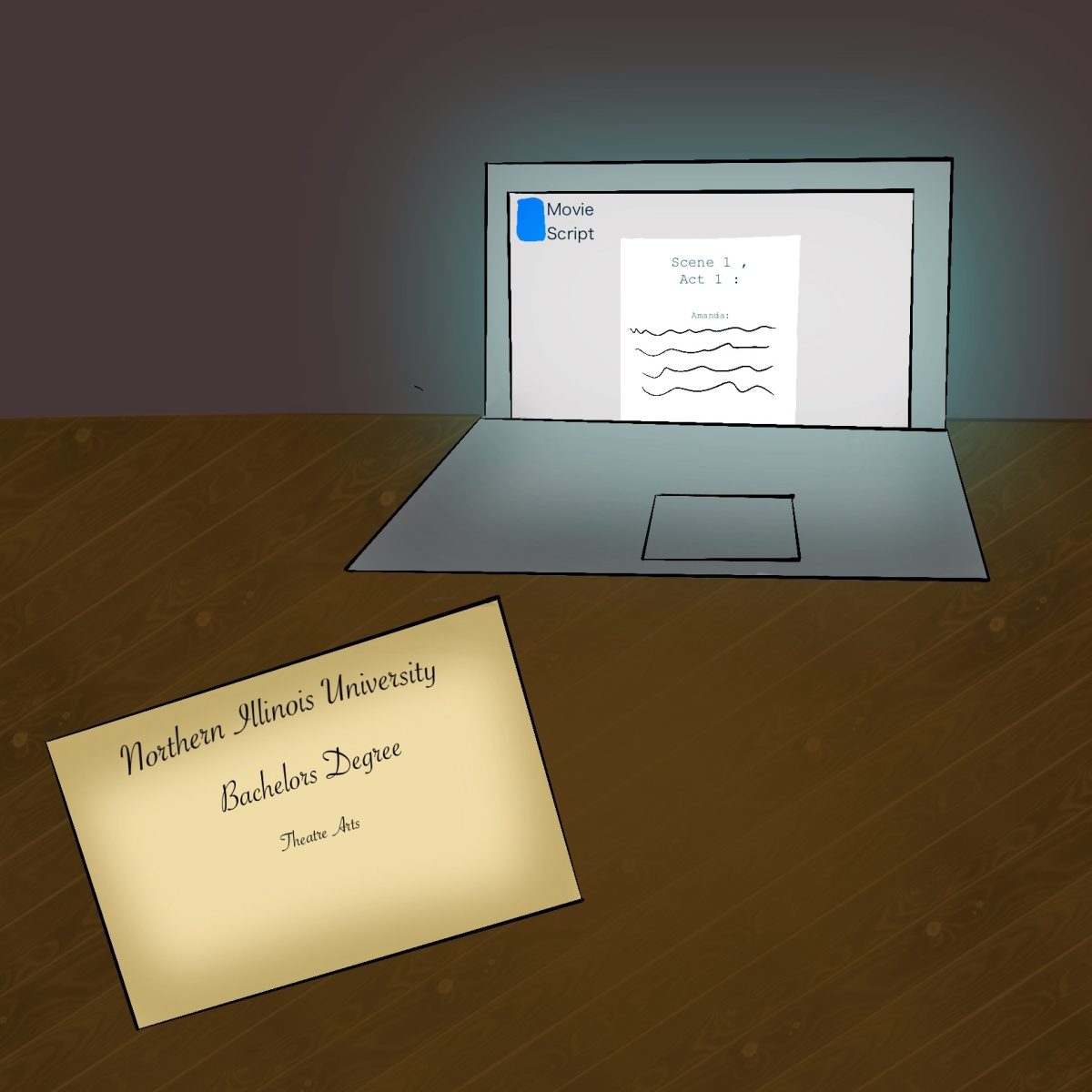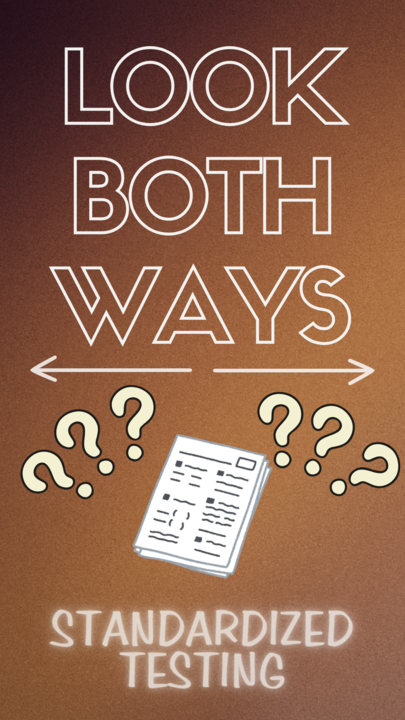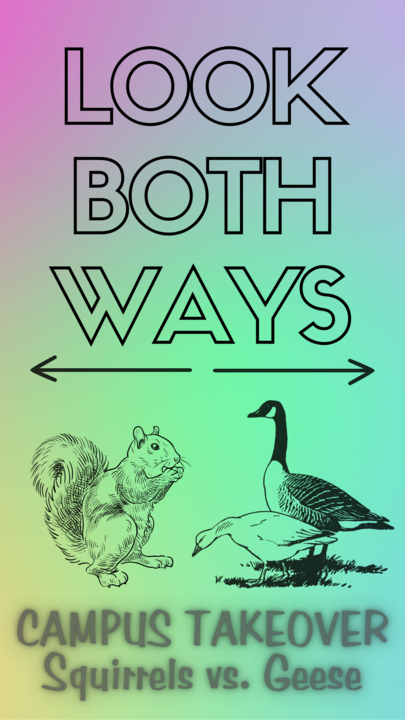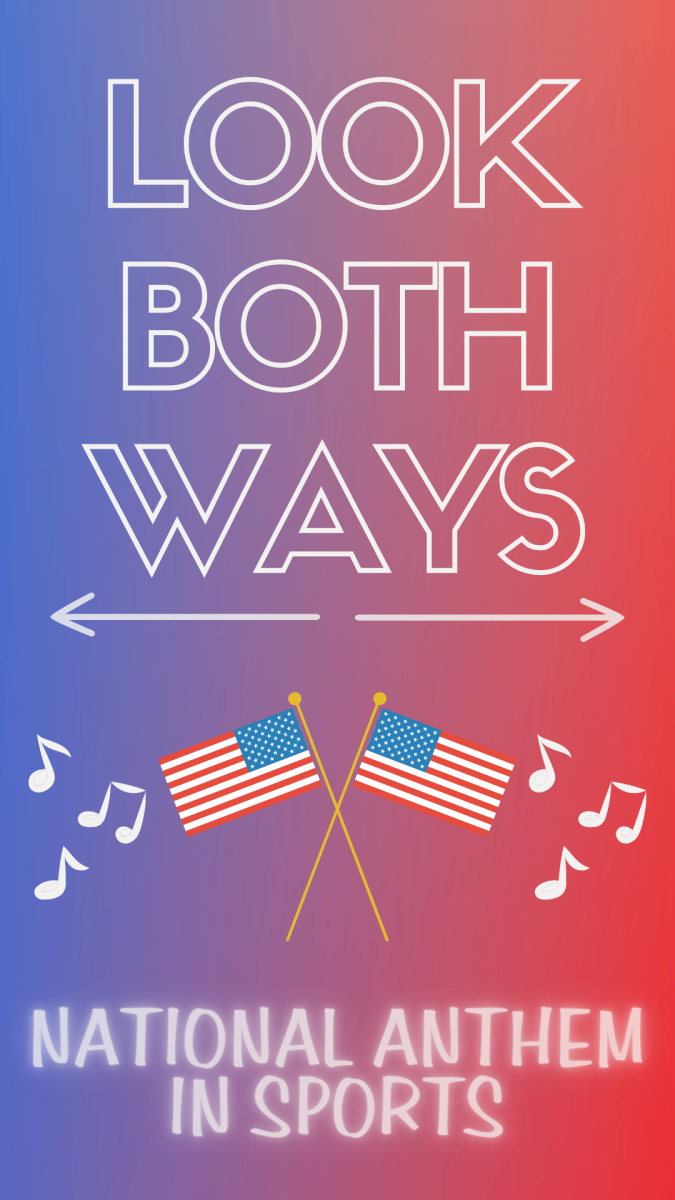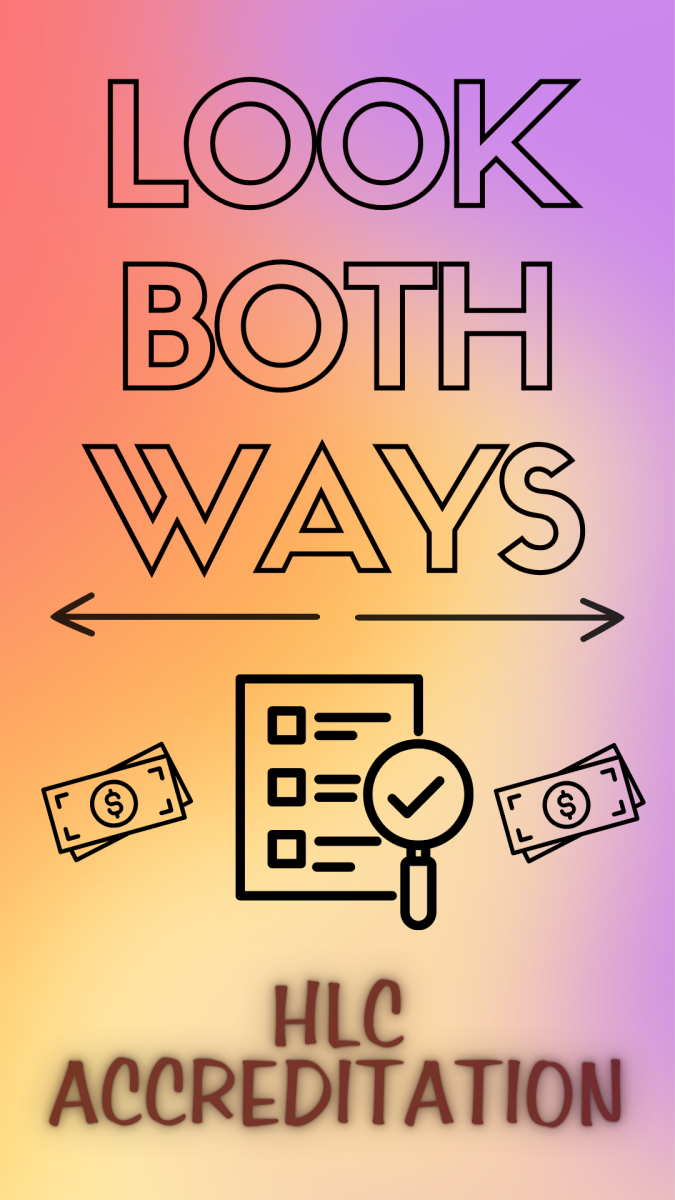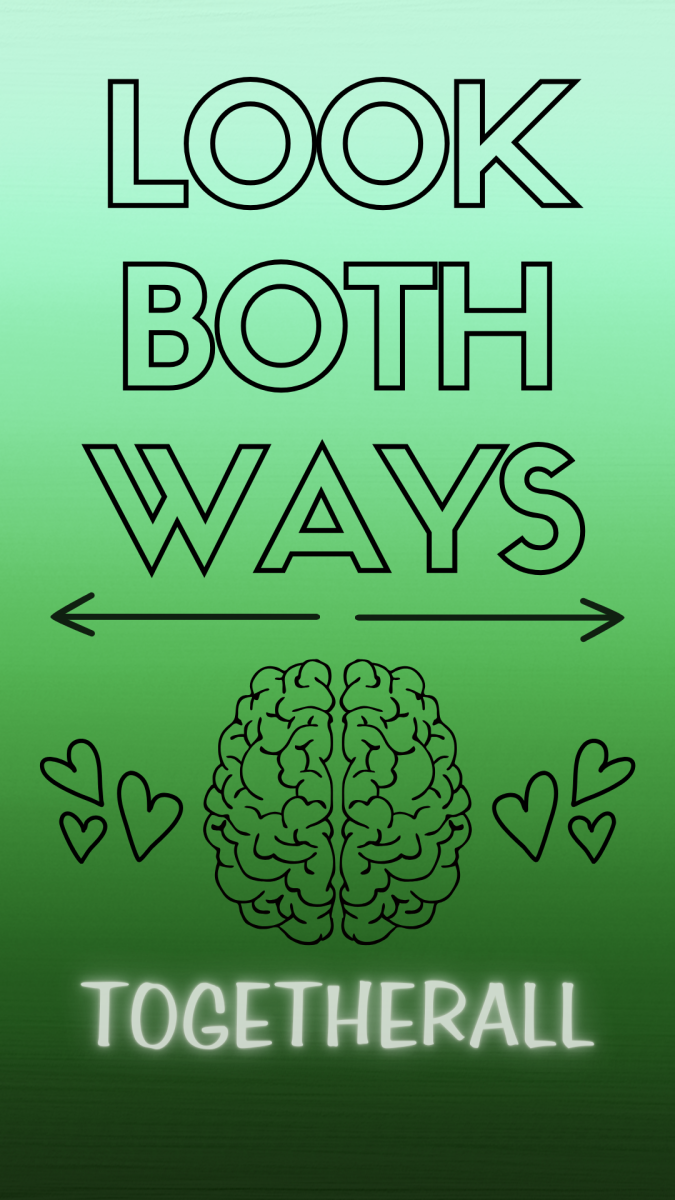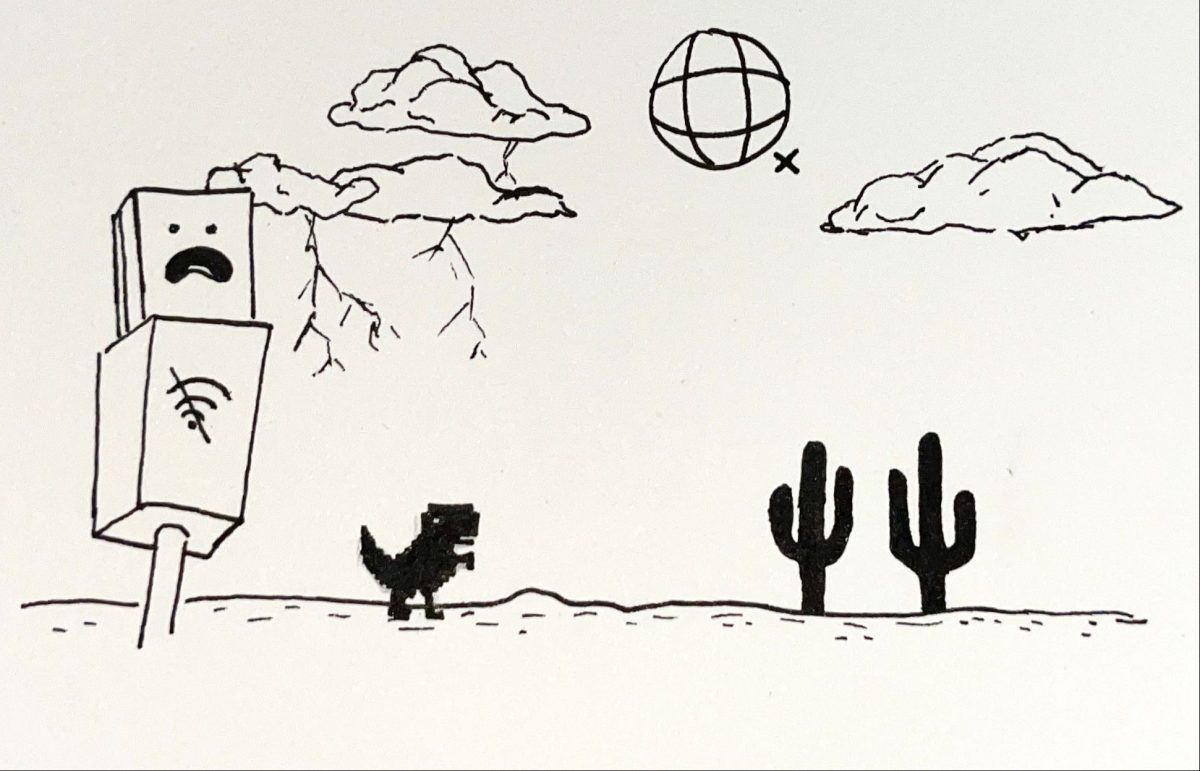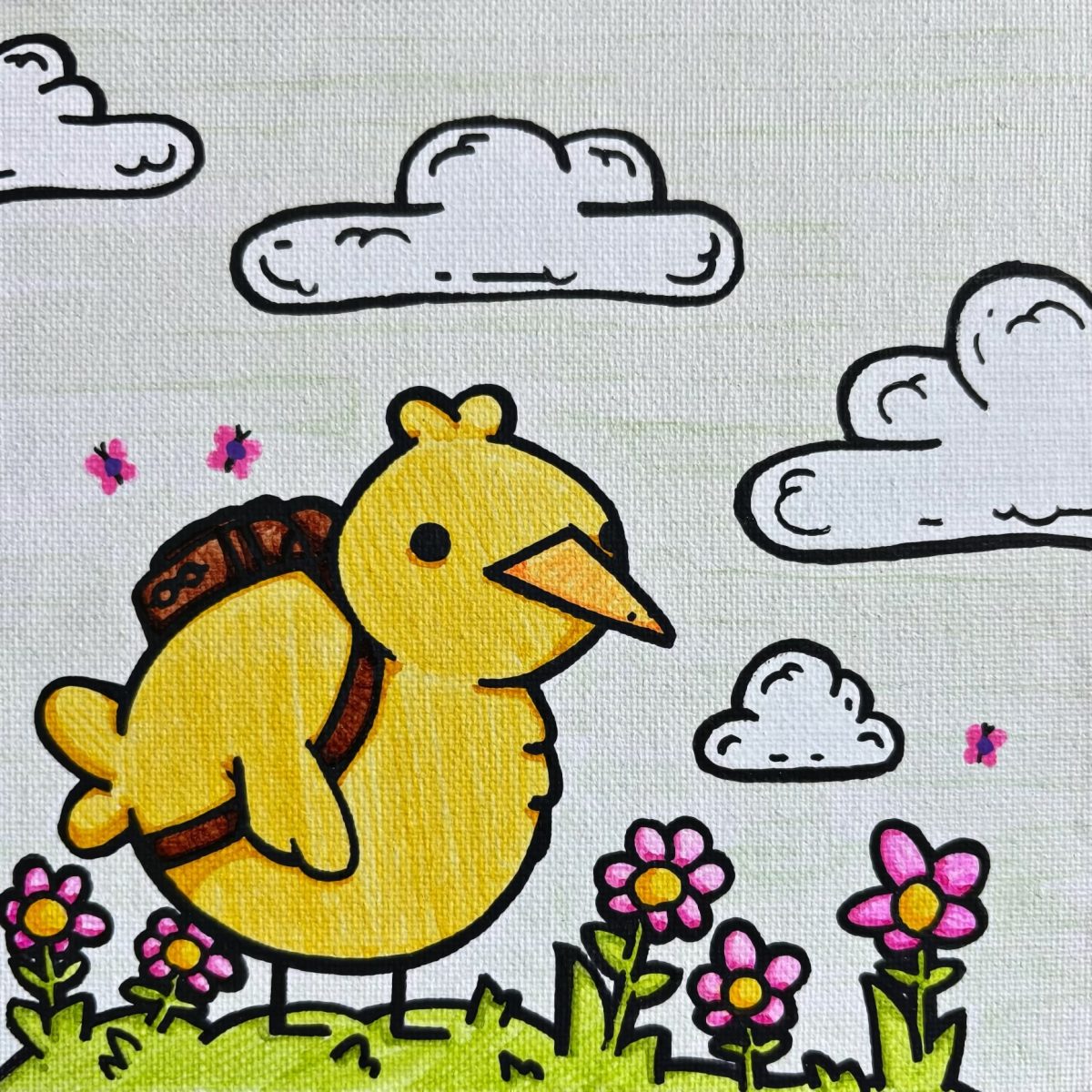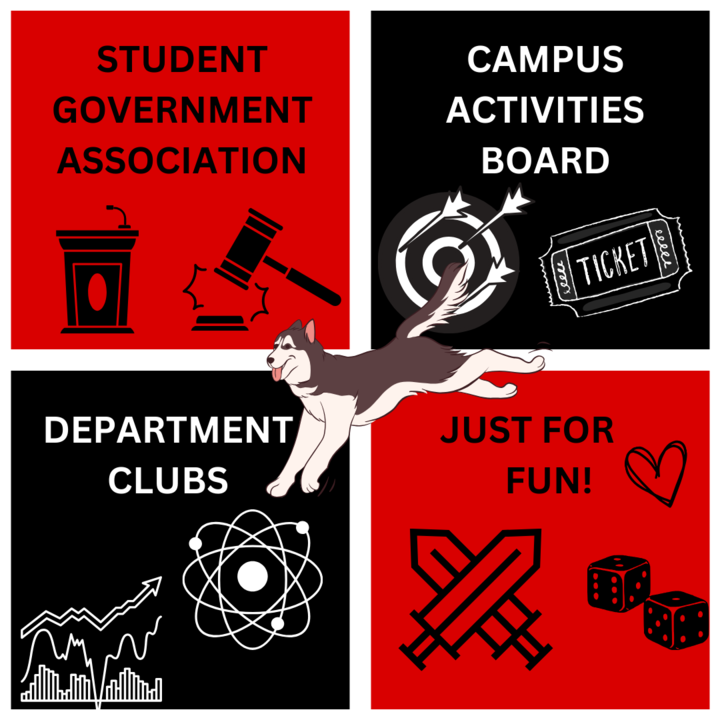AVOID WHITE LIES
Trust takes years to build and minutes to tear apart, and maintaining trust and honesty is imperative for healthy relationships. White lies, while they seem miniscule, can be detrimental to the trust between two people.
Coming in many forms, like laughing at jokes that aren’t funny, white lies have become integrated into American society. Brutal honesty would benefit trust and, probably, encourage people to develop funnier jokes.
White lies are often considered to be OK because they are for altruistic and selfless reasons, like trying to avoid conflict. This argument, however, fails to note the place in the brain where lies, both white and not, are developed.
Generally, people lie to protect themselves. Brain activity suggests that lies, both for altruistic and selfish reasons, stem from the part of the brain where selfish thoughts reside, according to a study published by the Journal of Neuroscience. Despite intent, the psychology behind white lying is self-serving and problematic.
By telling white lies, the selfish parts of our brains are being activated, so, to some degree, our white lies are selfish. Many times, people negate the ‘lie’ portion of the term ‘white lie’ and instead focus on its innocent nature and intent. Unfortunately, the intent and altruistic base for a white lie is counteracted by the way our brains process white lies.
Additionally, people who would be dishonest in a small situation could also be dishonest in an important situation. Lying about being stuck in traffic, by itself, is not significant. However, if others notice a pattern of chronic lateness, they may not trust the late person to do anything on time.
Human brains, furthermore, adapt to dishonesty, both from ourselves and from others, according to the National Library of Medicine. Lying to others can be the same as lying to ourselves, and even small falsehoods can alter our mentalities and thought processes.
For example, using the phrase “I’m fine” when you’re struggling doesn’t change the struggle, it only tells others it isn’t important. Eventually, your brain may start believing the struggle isn’t important either.
The “I’m fine” lie is a white lie because it aims to avoid a potentially awkward situation and will not hurt anyone. However, failing to tell the truth changes the way we think about conflict, struggle and difficulties.
White lies are lies. Despite their social acceptance, they should not be used casually. If honesty is the best policy, we shouldn’t be lying about the little things.
USE WHITE LIES
By: Lucy Atkinson, Opinion Editor
Juggling friends, lovers, family, co-workers and old acquaintances, it’s hard to keep everyone happy. Life is too chaotic to traverse without the occasional white lie, and you shouldn’t feel bad for leaning on them.
Most often told to spare feelings, white lies are a tool for preserving the pleasantness of an encounter that may otherwise quickly become uncomfortable.
At their worst, white lies can be harmful, especially in places of work, where they generally serve as excuses. But it’s arguable that a white lie which becomes detrimental is no longer actually a “white lie.” After all, the term is derived from the association of the color with innocence.
At their best, white lies paint stories of fairy dust and sky-soaring reindeer to help children ease their way into the world; however most commonly, white lies simply prevent conflict.
Constructive criticism — which a white lie often replaces — is important in plenty of instances, but it’s rarely necessary in casual conversation. No person reacts the same way to criticism, and there is generally not much sense in putting another down if you don’t have to.
How a person will respond to criticism, how deeply hurt feelings will be and whether the relationship and mental health of its participants will be damaged is dependent on each unique situation, found a 2022 study on criticism published by the National Library of Medicine.
In other words, it’s probably not worth the effort to analyze whether person A can better handle the truth than person B.
Perhaps a friend’s party doesn’t sound the most entertaining or their joke doesn’t hit just right: if laughing along makes them happy and harms no one else, that should be enough incentive to choose kindness over brutal honesty.
Besides, if your opinion is horrendously offensive, maybe it’s time to check whether that opinion truly needs to be shared. Sometimes even the most narcissistic imagination of whoever’s being lied to is healthier for them to dwell on than the truth of your nastiest thoughts.
There’s no handbook for life or for handling the vast diversity of different relationships you’ll encounter, especially with people most likely to be hurt by your words. There’s not going to be a solid answer for how to manage each tempting white lie.
Every ethical situation is best solved on a case-by-case basis, but case-by-case means we must be open to at least some dishonesty. And honestly? Just cut yourself — and others — some slack.



